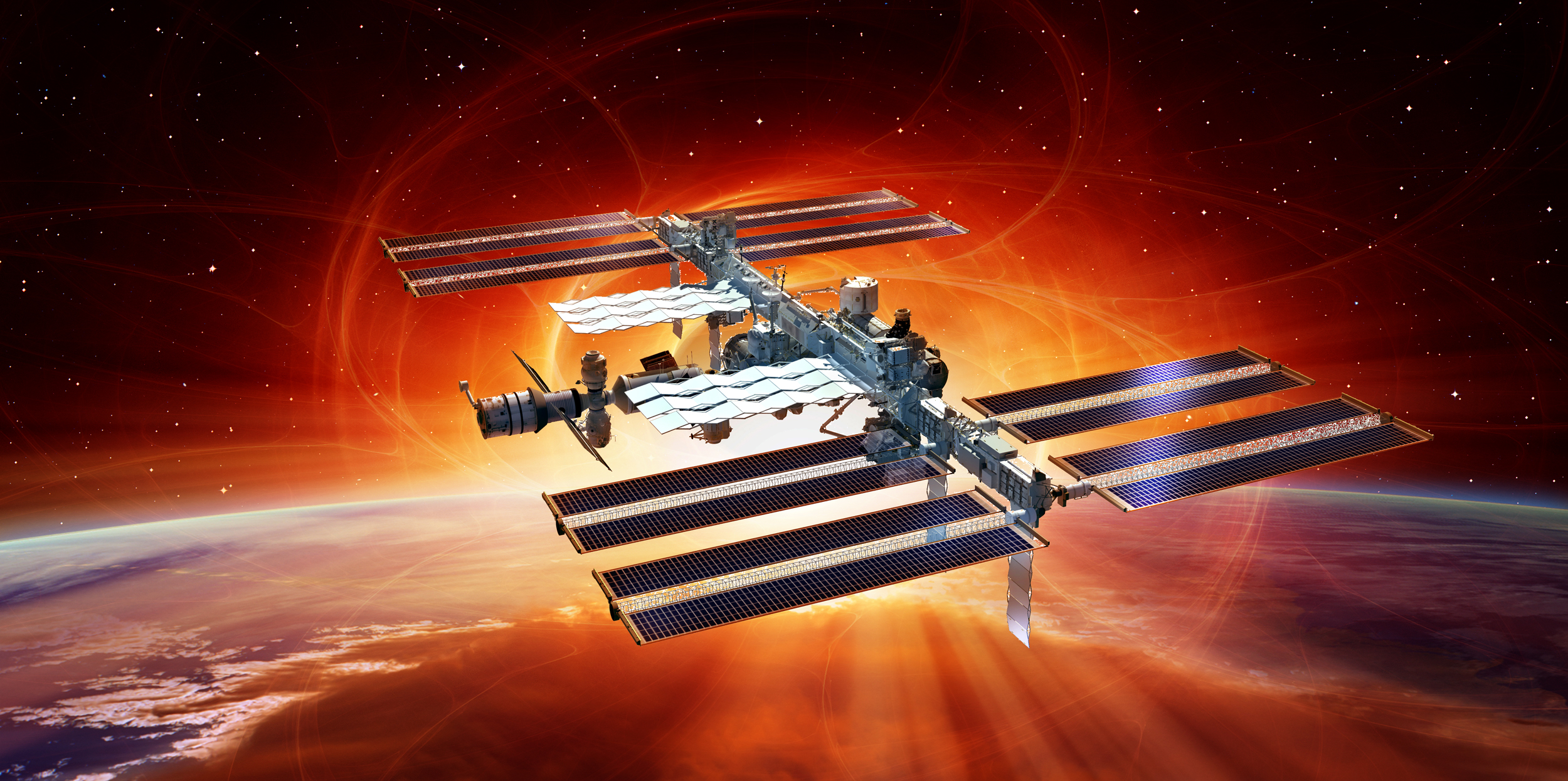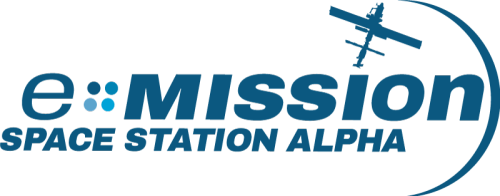e-Missions.net: Space Station Alpha
The astronauts aboard the International Space Station are trying to protect themselves from the worst solar flare ever recorded!
Meet the Teams
The Radiation Team continually calculates the radiation levels from two TEPC monitors in various locations on the space station.
The Life Support Team calculates the carbon dioxide and oxygen levels in the cabin and makes recommendations to keep those levels normal.
The Crisis Management Team monitors all systems on board to ensure the astronauts are safe. Crisis Management also tracks the power load and the battery reserves available to ensure the safety of the crew.
The Storm Team (for grades 9-12) calculates x-ray and proton readings to predict when the storm will cause problems for the ISS. Recommendations are made to shield the astronauts from the harmful radiation, to keep the life support systems in balance, and to ensure the International Space Station has enough power to get through an eclipse as it weathers this solar storm.
The Communication Team keeps Mission Control informed about the status of the station and relays recommendations from all teams.
Standards
What is light & electromagnetic spectrum, human physiology of respiration, atmospheric gases, air pressure, fission/ fusion, magnetism/ electromagnetism, power & electricity, risk management, graphing, graph interpretation, math in everyday life.






















